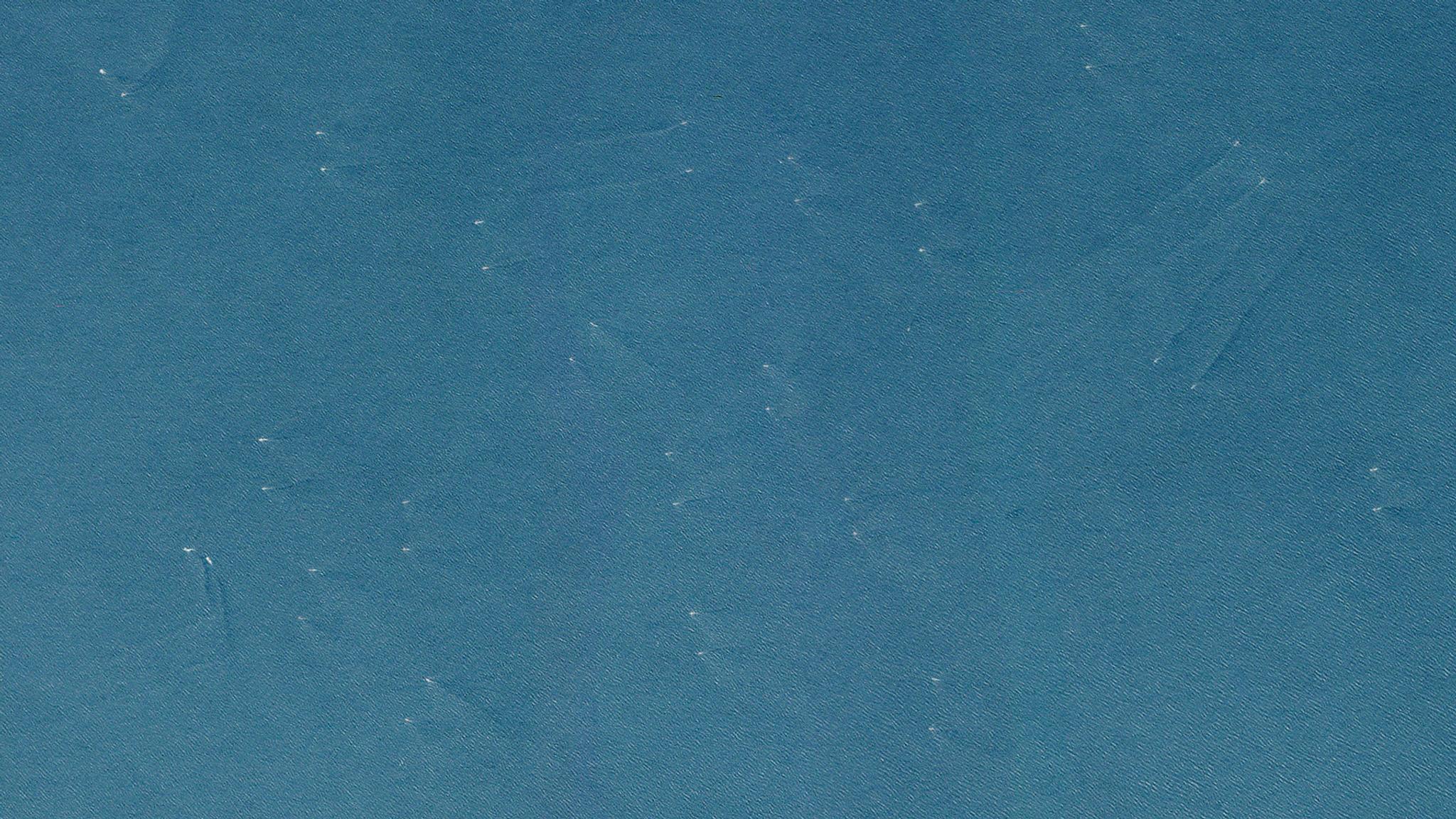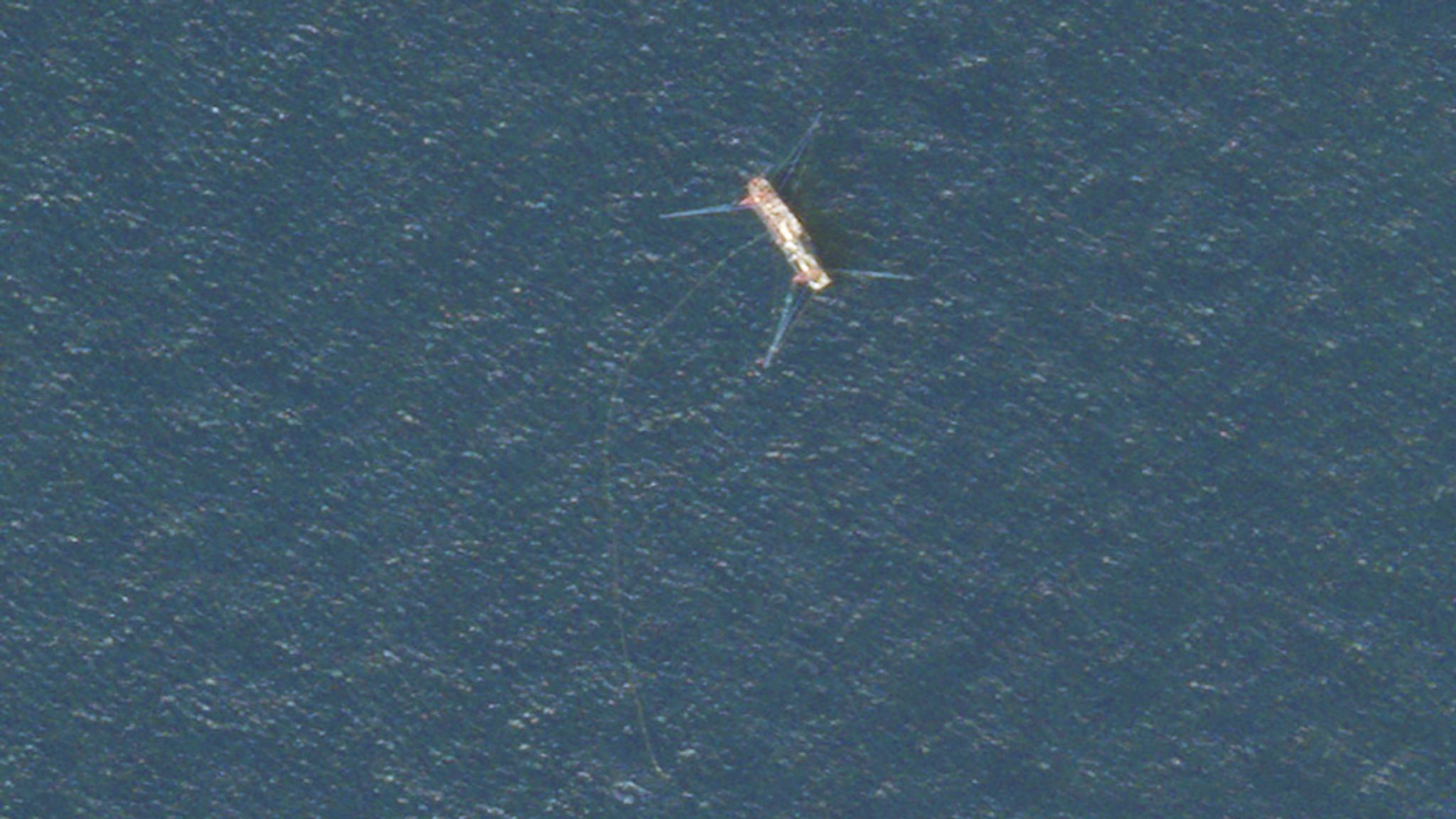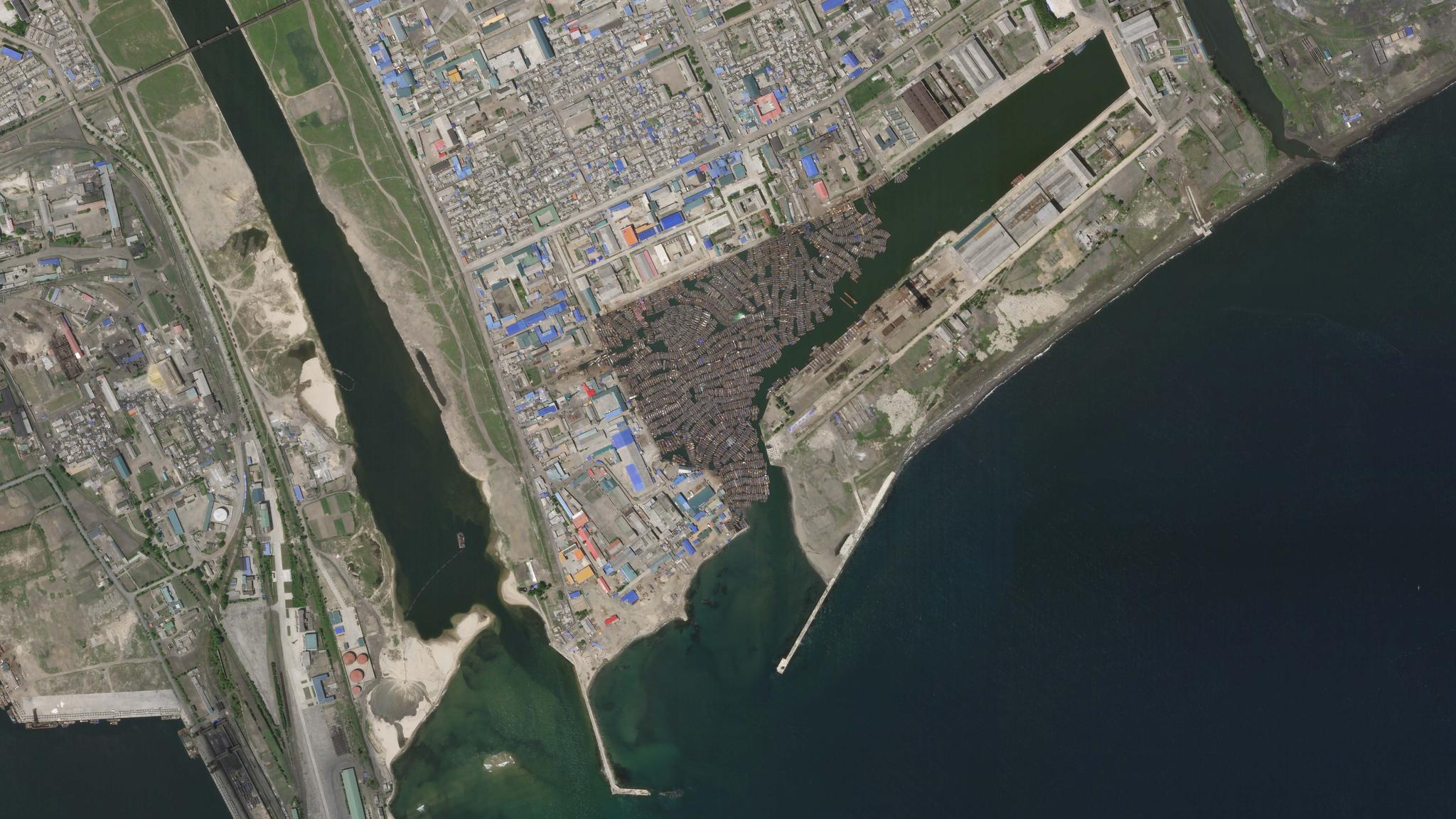Study Utilizes Satellite Data to Expose Illegal Fishing in North Korean Waters
A new study led by researchers at Global Fishing Watch and published in Science Advances this week shows how Planet’s Dove and SkySat imagery, in concert with other innovative technologies, was utilized to reveal widespread illegal fishing in the waters between the Koreas, Japan and Russia. The study showed the value of satellite imagery for exposing “dark fleets”—fishing vessels that don’t broadcast their locations in public monitoring systems—which can take part in illegal, unreported, and unregulated fishing practices. The study, Illuminating Dark Fishing Fleets in North Korea, found more than 900 vessels of Chinese origin in 2017, and 700 in 2018, likely violated United Nations (UN) sanctions by fishing in North Korean waters. Researchers discovered that more than 900 vessels of Chinese origin in 2017, and 700 in 2018, likely violated United Nations (UN) sanctions by fishing in North Korean waters. It’s estimated that the vessels likely caught more than 160,000 metric tons of Pacific flying squid, worth over $440 million. Unidentified vessels create issues for squid stock management, according to the study, as the number of reported catches has dropped by about 80 percent since 2003. The research also revealed that approximately 3,000 North Korean vessels participated in illegal fishing in Russian waters in 2018. [caption id="attachment_145319" align="aligncenter" width="1920"]



Ready to Get Started
Connect with a member of our Sales team. We'll help you find the right products and pricing for your needs


